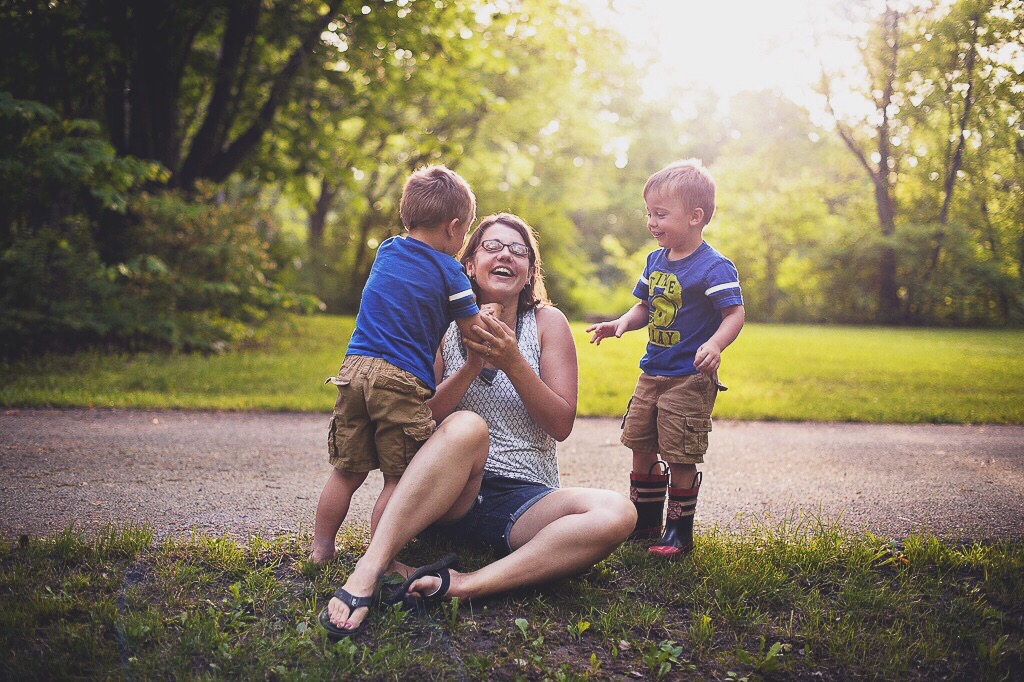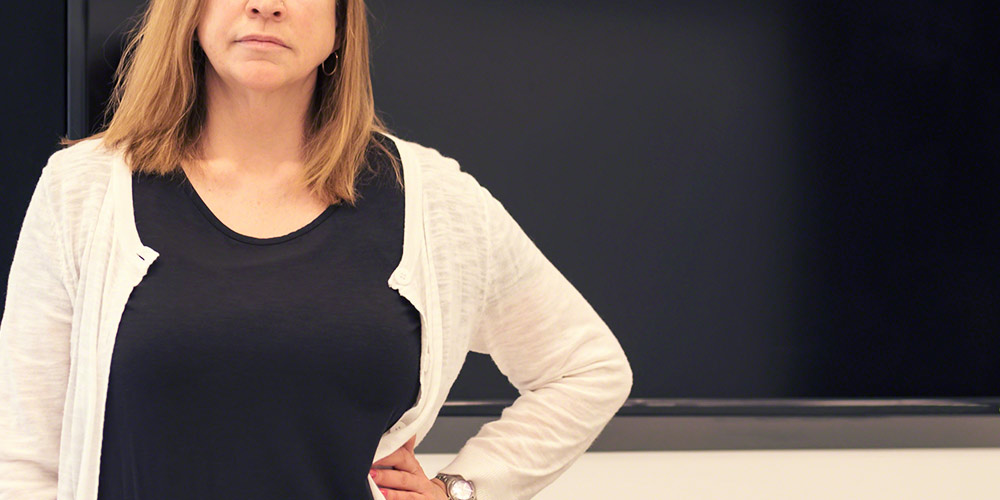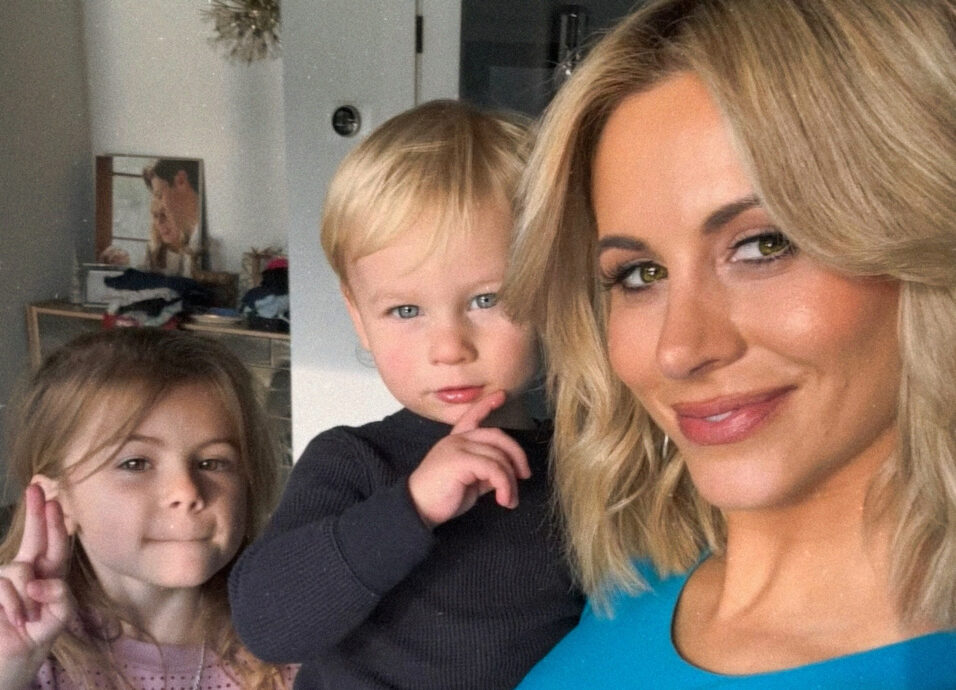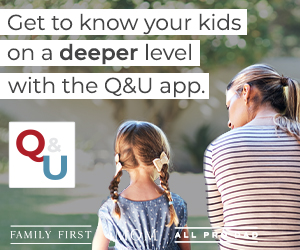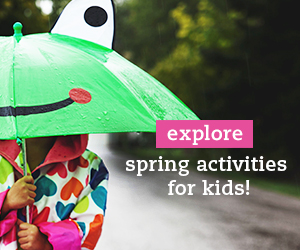On the night after Christmas, I coasted through the empty town center with my son in the back seat. Colorful holiday lights twinkled on lampposts, but the bare sidewalks had no shoppers. After weeks of preparation and anticipation, the holiday had come and gone. We drove past the darkened store fronts, all with “closed” signs in the windows, when my son spotted the toy store. “They had the toy I wanted,” he said pointing. “Christmas wasn’t as good this year.” My heart dropped at the sight of his downturned face in the rearview mirror. But I just couldn’t justify that toy. Too pricey, I’d told myself. And now, a day after ripping open plenty of lovingly wrapped presents, my son talked about the one toy he didn’t get. I sighed, sad and a bit angry, unsure what to say.
We all want to deliver and make our kids smile on Christmas morning. Maybe it’s a toy or a relative we hope will visit. Whatever it is, we try our best. But sometimes our kids still don’t get what they want. Here are 3 ways to respond to Christmas disappointment.
1. Listen and empathize.
“This was the worst Christmas.” My friend’s daughter hit her with this gem a few hours after all presents had been opened. My friend couldn’t believe it. “I was up ’til midnight wrapping gifts for her and then on Christmas, Annabelle wouldn’t stop complaining about everything she didn’t get.” Another friend told me her son had cried that night because his grandpa and grandma hadn’t driven in from out of state to see them. “He just sulked through dinner,” my friend told me, “and went to bed in tears. It’s not like I could tell him about Grandma’s diagnosis on Christmas!”
To get through Christmas disappointment, it helps to have someone empathize with you. “I know you wanted your grandparents with you on Christmas. I did too.” Even if it’s disappointment over a gift, you can still say, “I’m sorry you didn’t get that toy. I know you really wanted it.” Doing so validates your child’s feelings and helps him feel less alone, feeling the way he does. It also forges a deeper connection between you.
2. Relate and then rebound.
When I was little, my mom often told me about a pedal car. “It’s a miniature car with a steering wheel that you can pedal down the sidewalk. I always wanted one,” she said. Nowadays, toddlers motor around in mini-Jeeps, which I learned are basically battery-operated, modern pedal cars. My poor mom, I thought. Never getting a pedal car!
But is it the worst thing in the world? A child who hasn’t been disappointed doesn’t learn to work for something. We don’t want our kids to end up entitled. “The more we give in,” writes Amy McCready in her book The ‘Me-Me-Me’ Epidemic, “the more we foster the entitlement attitude in our kids.” Learning you can’t always get what you want, and that life isn’t always fair, is important. You may feel bad in the moment, but know that your child is getting practice dealing with disappointment and learning how to bounce back. These are gifts that can’t be wrapped up with a bow.
3. Appreciate what you have and look ahead.
“I’m the only one who doesn’t have one,” my son said, referring to a gaming console. But he had a lot of other great toys and books, which I knew he enjoyed. And I preferred he spend his free time on non-screen-related activities. “Plus, in our family, we like to play board games together and watch movies,” I said. “We wouldn’t have time to do those things if we got into video games.” I don’t know if he appreciated my sentiments in the moment, but I’m hoping our family’s values will sink in as he grows. 
Today, kids have playrooms and basements stocked with pretend kitchens, trampolines, train tables, and more. As McCready says, “In our culture of plenty, gratitude is something we have to teach our kids and practice with them.” She suggests we do so by going out of the way and perhaps over the top to show our appreciation for others. She also advises us to coach our kids to “focus on the thoughtfulness every bit as much as the gift itself.” Our kids may have some disappointment on Christmas morning, but we can do things now to work on their attitudes so that next year, they’ll show more gratitude for what they already have.
Even though Christmas Day has passed, think about saying some Christmas prayers over the next several days with our sweet printable.
Has Christmas disappointment arrived at your home? How have you handled it?

